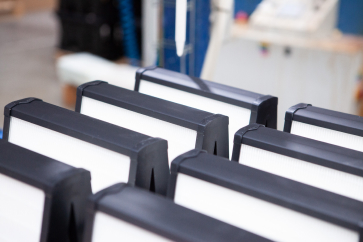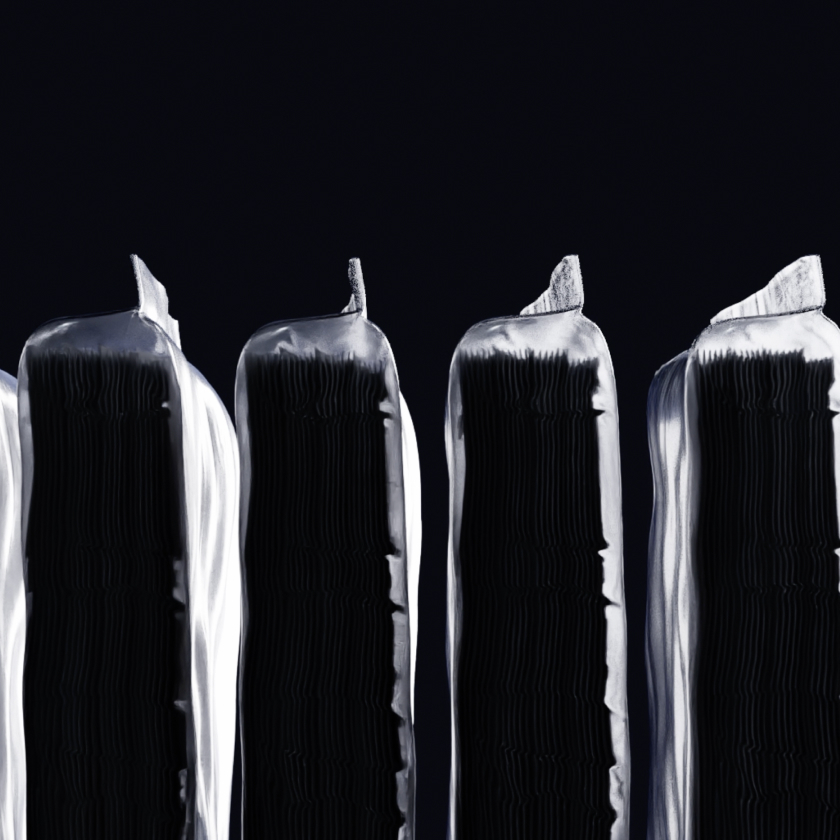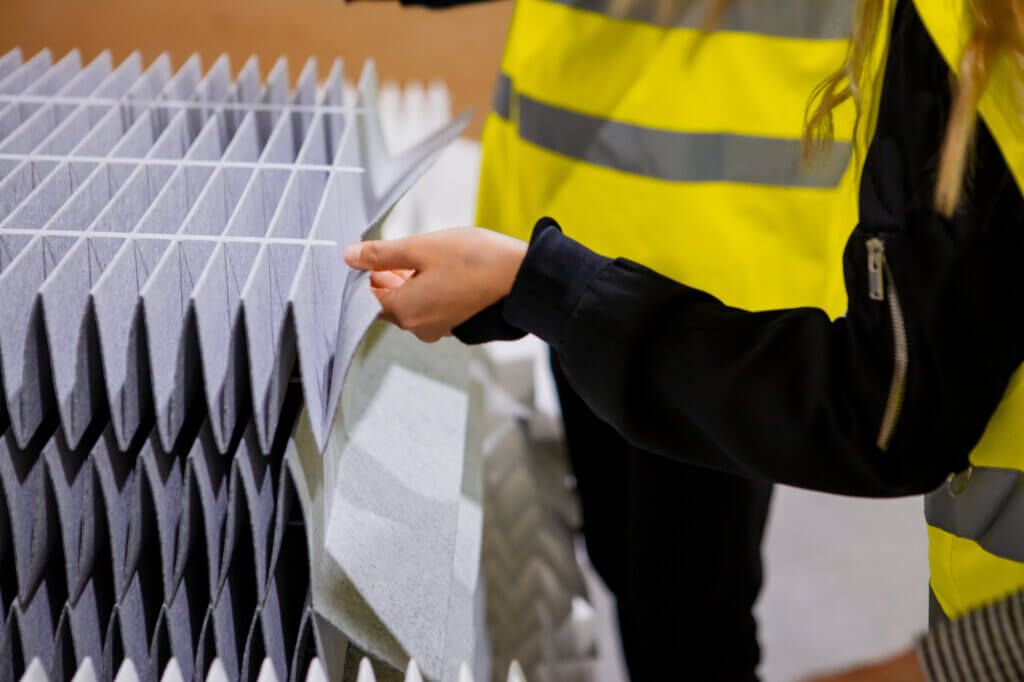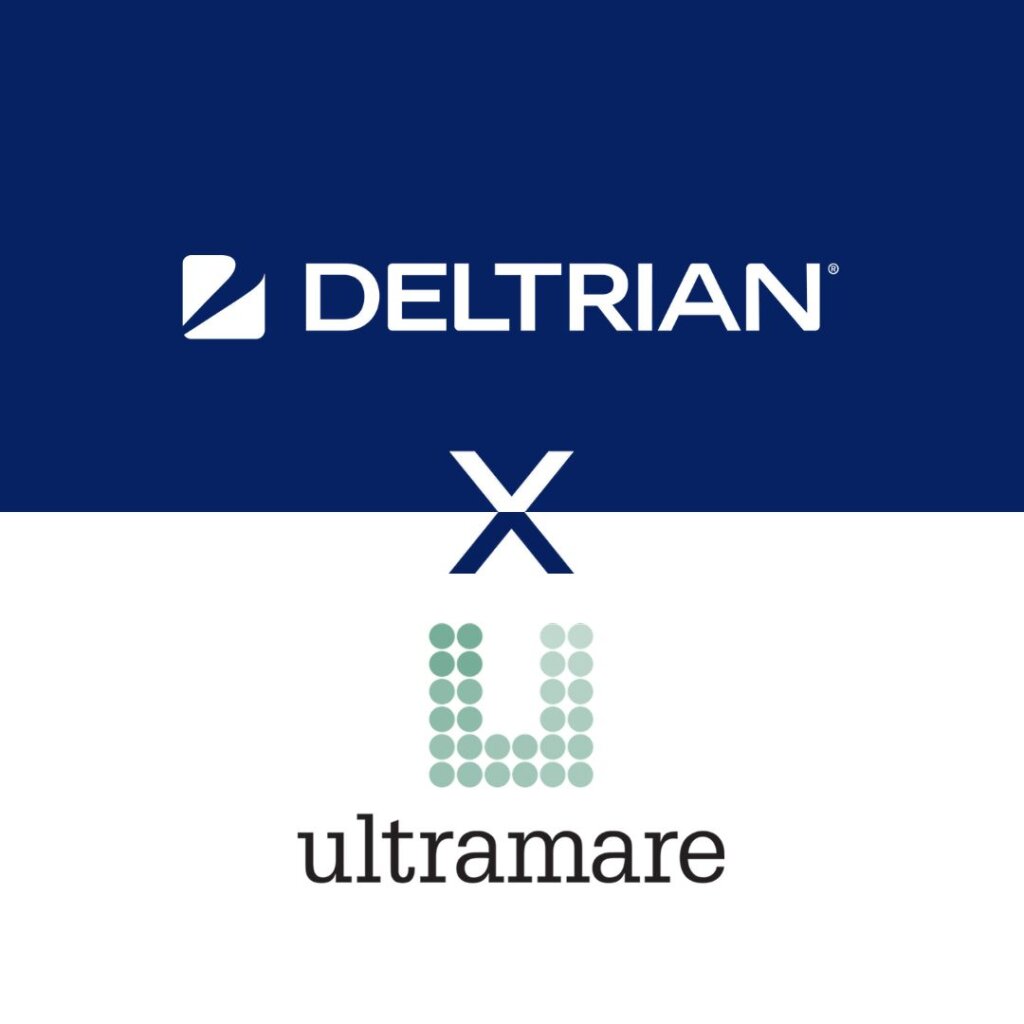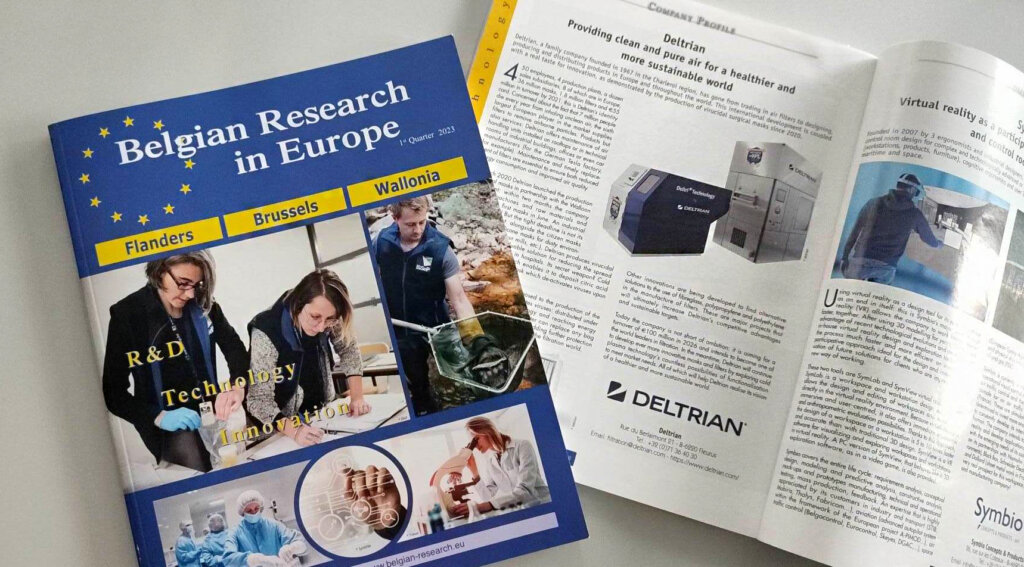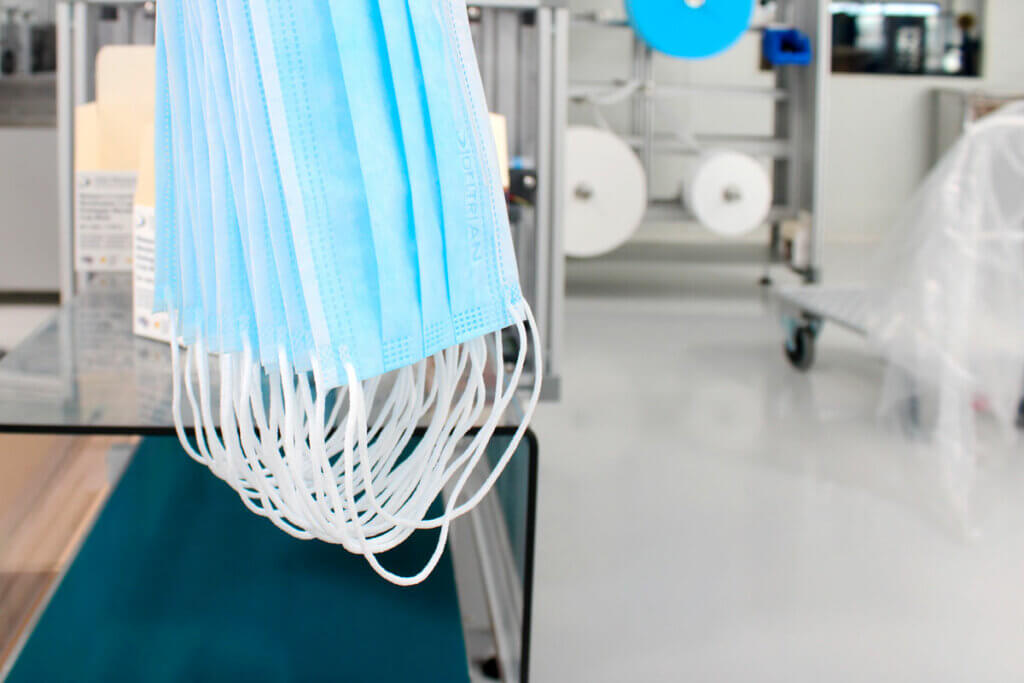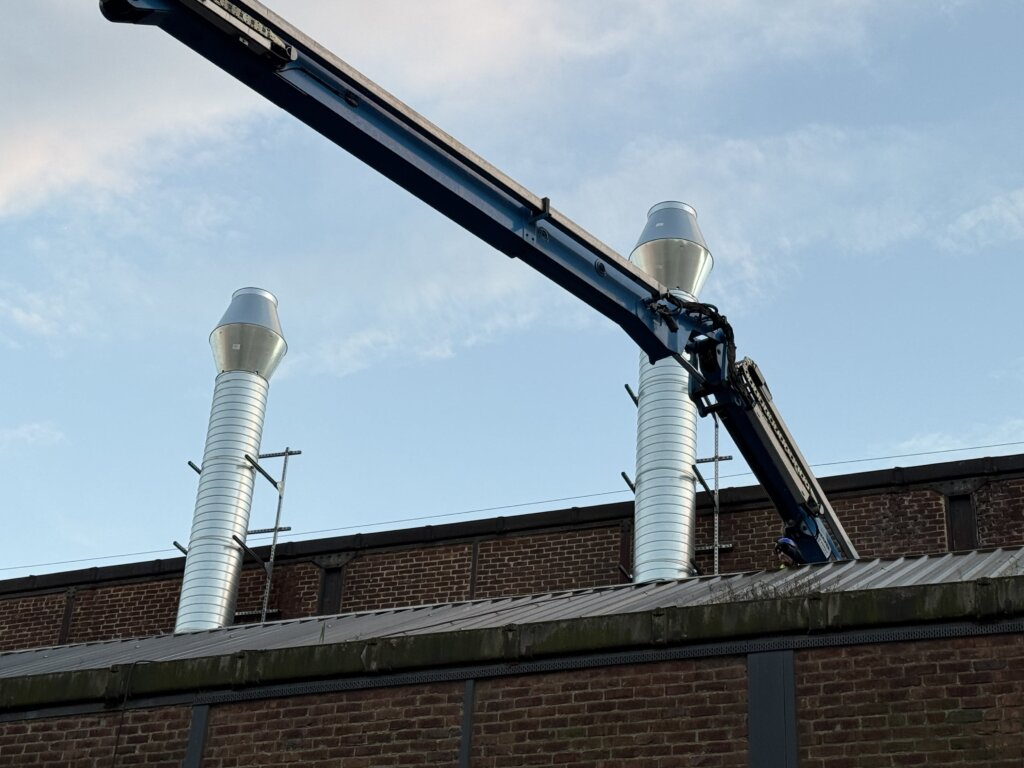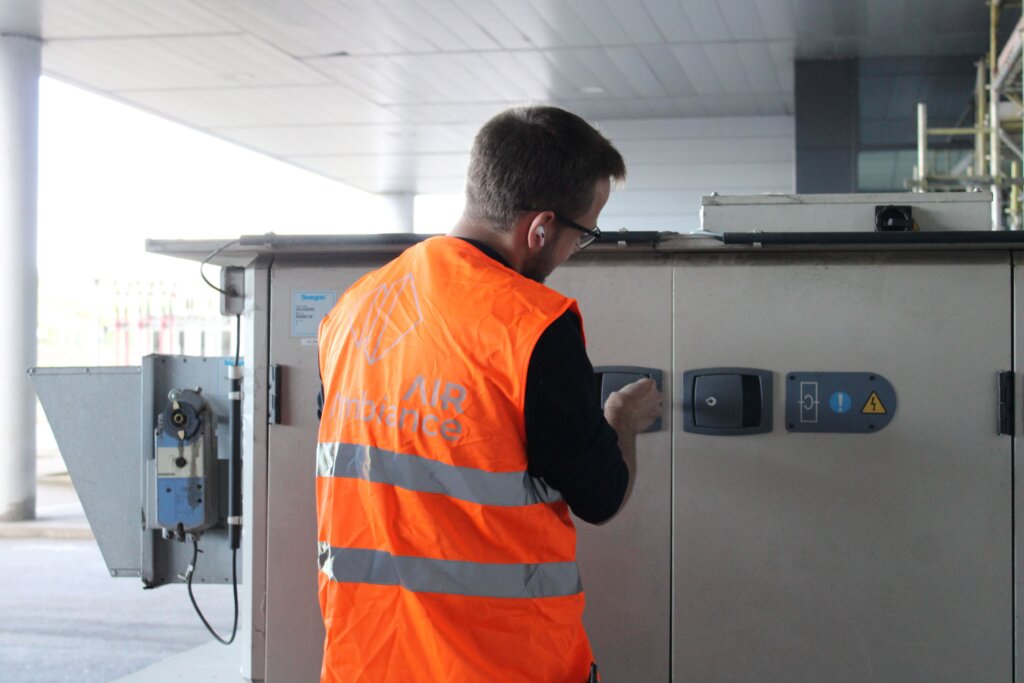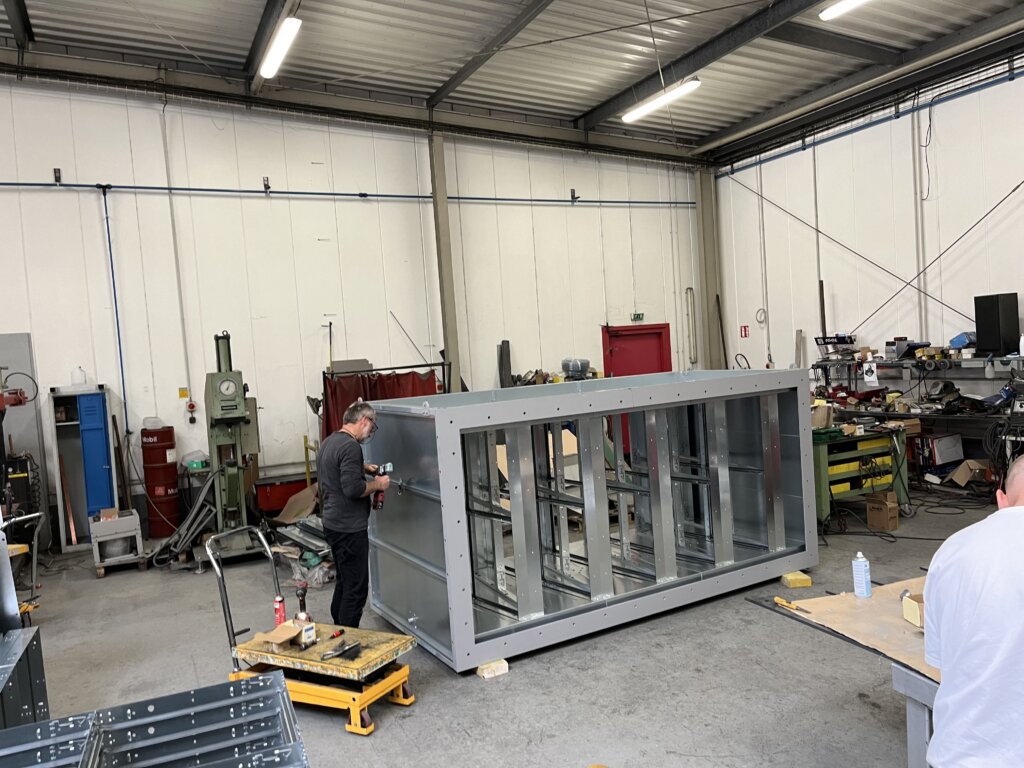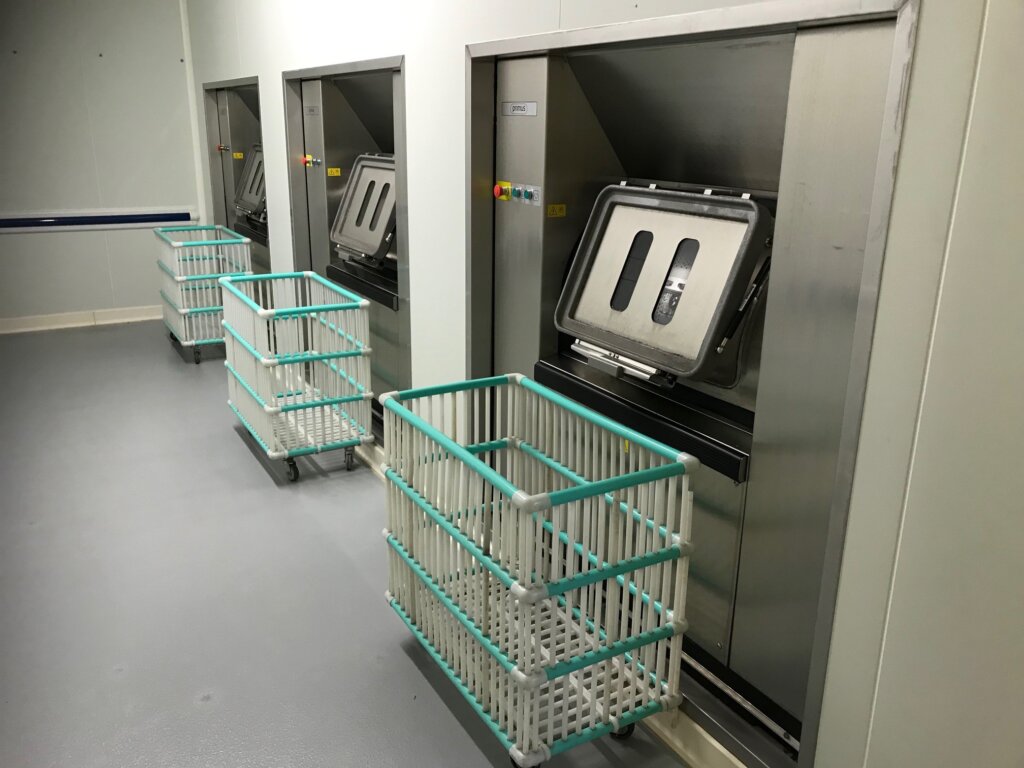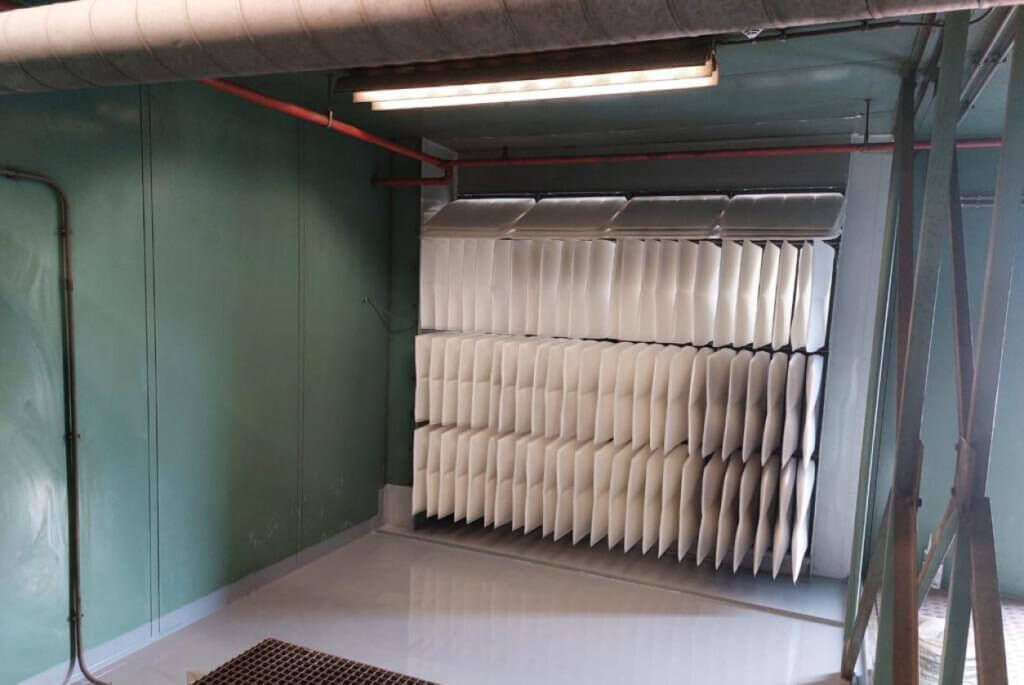Air filters: What is their role in the industrial sector?
Find out what an industrial air filter is used for, why industrial companies should use filters in their workspaces, and the different types of industrial air filters available.
Published on 07.05.2024
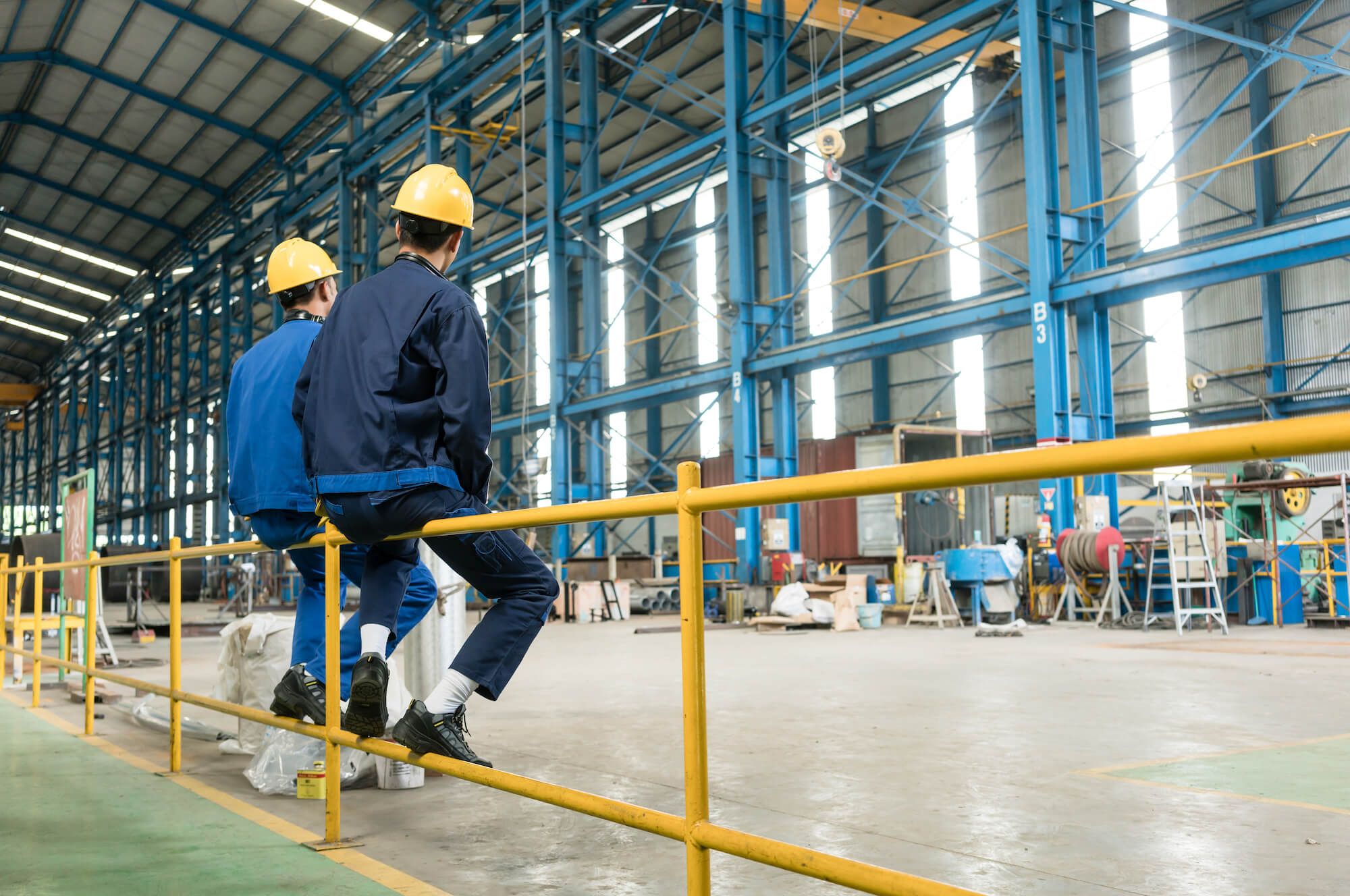
Table des matières
Air filters and industry
The benefits of an industrial air filter
Industry and air purification
Types of fine particles
Industrial air filters
Deltrian can help you
Air filters and industry
The importance of air filters for industry
Intercepting harmful fine particles, reducing odors, capturing dust and improving indoor air quality are all benefits that can be achieved with air filters.
Today, indoor air quality is an increasingly important issue, whether for the protection of people or the smooth running of certain industrial processes.
On average, indoor air in our living and working spaces can be 5 to 10 times more polluted than outdoor air. This is also the case in the industrial sector, where the chemical nature of certain particles increases their harmfulness.
This is where industrial air filters come into play. In this article, we explain what an industrial air filter is used for, why industrial companies should use filters in their workspaces, and the different types of industrial air filters that exist.
The benefits of an industrial air filter
What is the purpose of an industrial air filter?
The primary purpose of an industrial air filter is to purify indoor air in the industrial environment by reducing the concentration of airborne fine particles.
With such a filter, directly installed in the ventilation system, you get :
- Improved air quality in workplaces and industrial zones,
- Enhanced workplace safety measures, due to exposure to an activity that can be particularly polluting.
Indeed, when you consider the accumulation of gases, carbon monoxide from combustion, dust, fumes and solvents, the health of industrial workers can be severely tested.
The main aim of an industrial air filter is therefore to capture all these harmful particles and improve working conditions for employees in this sector.
Industry and air purification
Why does industry need air purification filters?
Generally speaking, all sectors should filter the air in their workspaces. This is why Deltrian is able to support a wide variety of customers, active across a whole range of sectors:
- Automotive,
- Airports,
- Hospitals,
- Schools and universities,
- Shopping centers,
- etc.
That said, industry is particularly concerned. Industrial processes considerably increase the quantity of airborne particles.
For example, grinding, tapping, milling or drilling can emit fine particles, which workers then breathe in.
Industry therefore needs to use filters to purify the air, so as to get rid of all these harmful particles.
The choice of the right filters to use will depend above all on two parameters:
- The size of the particles in suspension.
- The concentration of dust in the air.
Depending on the quantity and size of particles in the air, a particular filter will be required. Particle size is the main criterion used to classify particles into different categories.
Types of fine particles
What types of fine particles are present in the air?
There are three types of fine particles:
- PM10 fine particles (0.01 mm),
- PM2.5 fine particles (0.0025 mm),
- PM1 fine particles (0.001 mm).
PM1 are the most dangerous, as they are the smallest, and can therefore penetrate more deeply into the respiratory system.
PM10 fine particles
These are particles with a diameter of less than 10 micrometers, often referred to as “coarse particles”. They come from road traffic and are formed by combustion.
PM2.5 fine particles
These are particles with a diameter of less than 2.5 micrometers. A large proportion of them come from polluting activities. These particles can penetrate the alveoli of the lungs, and therefore go further than PM10.
Fine particles PM1
Particles with a diameter of 1 micron or less are known as “ultrafine particles”. These particles pose the greatest danger, as they can penetrate the lungs and bloodstream, then spread to the organs and cause health problems.
Industrial air filters
Which industrial air filters to choose for air purification ?
As mentioned earlier, the choice of an industrial air filter will depend above all on the size of the fine particles and their concentration.
Depending on the diameter of these particles, different filters will be used:
- activated carbon filters are used to separate particles with a molecular size. They are also used to treat gaseous pollutants.
- electrostatic filters are used to attract and retain pollutants, thanks to a magnet-like operation.
- Wet or dry filters are used to separate pollen from dust. Wet filters, often referred to as “viscous”, use a filter network made up of fibers coated with viscous substances such as oil or grease. Dry filters, on the other hand, are made up of an agglomerate of fine fibers, allowing air to flow through. The efficiency of these filters increases as the material becomes less porous.
That said, there’s one important thing to remember: installing industrial air filters is only the first step. They need to be maintained and cleaned, especially if the concentration of fine particles in the air is high. Without proper care and maintenance, filters can become clogged and rapidly degrade.
That’s why we’ve launched our Total Filtering Management (TFM) service, which lets you entrust the maintenance of your system to Deltrian. So you can be sure of good air quality all year round.
Deltrian can help you
Choose Deltrian to purify your air.
Whatever your industry, Deltrian can help. Contact us via the form below, and we’ll get back to you promptly to discuss your needs.
Do you have any questions? Our team is here to help you.
Our experts are available to answer all your questions.













